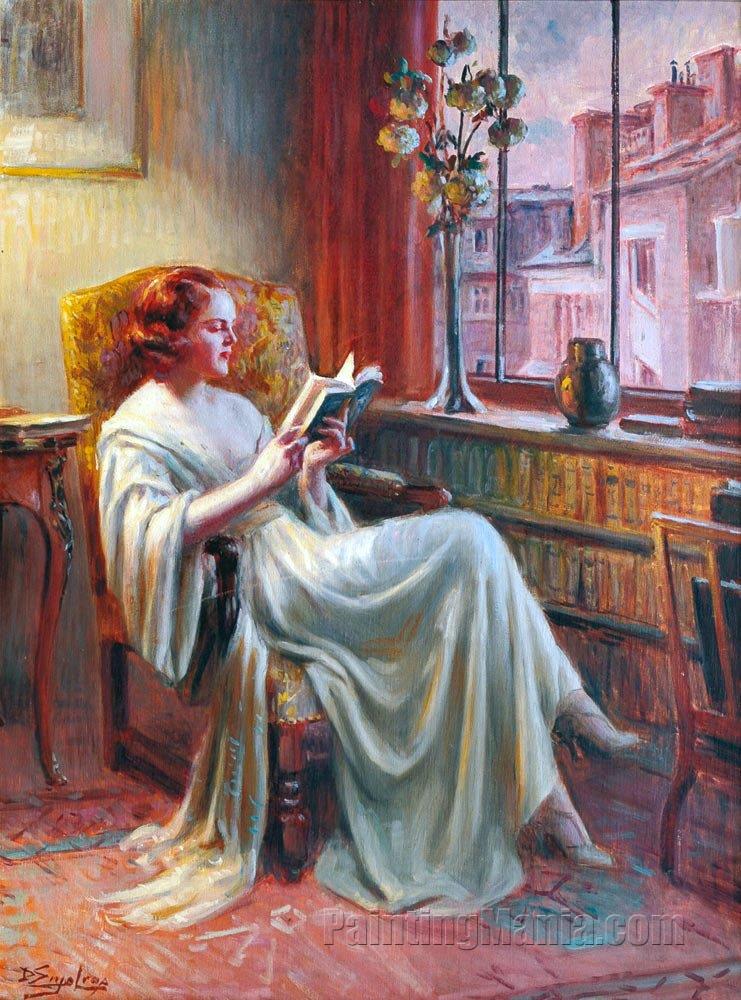Thursday
In today’s post, I’m asking readers for advice. My 96-year-old mother has had a stroke and can no longer manipulate the pages of a book with her right hand. She has a tablet, given out to Chattanooga Times subscribers when the paper went digital, but the print is too small. Listening to books on disk, meanwhile, is not her cup of tea. Does anyone have other suggestions?
Imagine how traumatic this must be. My mother has been an avid reader all her life. She devoured the Little Pepper, Raggedy Ann, and Oz books when she was a girl—she recalls reading some of them by the light of the streetlamp when she was supposed to be asleep—and the passion never subsided. She was an English major at Carleton College, although unfortunately her professors—in the grip of modernism and the New Criticism—didn’t appreciate the intensity of her literary immersion into 19th century fiction. My father, who was at Carleton with her, could see it, however.
He knew, for instance, her deep love of Jane Austen, who helped shape her own wry sense of humor. (When that humor reemerged a day after her stroke, I knew we were going to be okay for a while.) I think she’s read virtually every Dickens novel (Pickwick, Barnaby Rudge and Martin Chuzzlewit excepted), and the only one she didn’t like was Dombey and Son. I once figured out that she’s read 17 of Anthony Trollope’s 51 novels. A couple of months ago she fell in love with Mary Elizabeth Braddon’s Lady Audley’s Secret (1862), and Robert Louis Stevenson has always been high on her list.
She doesn’t only read classics. She loves mystery novels, whether old (Dorothy Sayers) or new (Louise Penny). In short, she has spent her life in books, only to be denied them now.
She has a reading cushion, constructed to sit in the lap, that can hold individual pages, so if I have to print magnified versions of online books, I’ll do that. But if you have other suggestions, please send them in.


